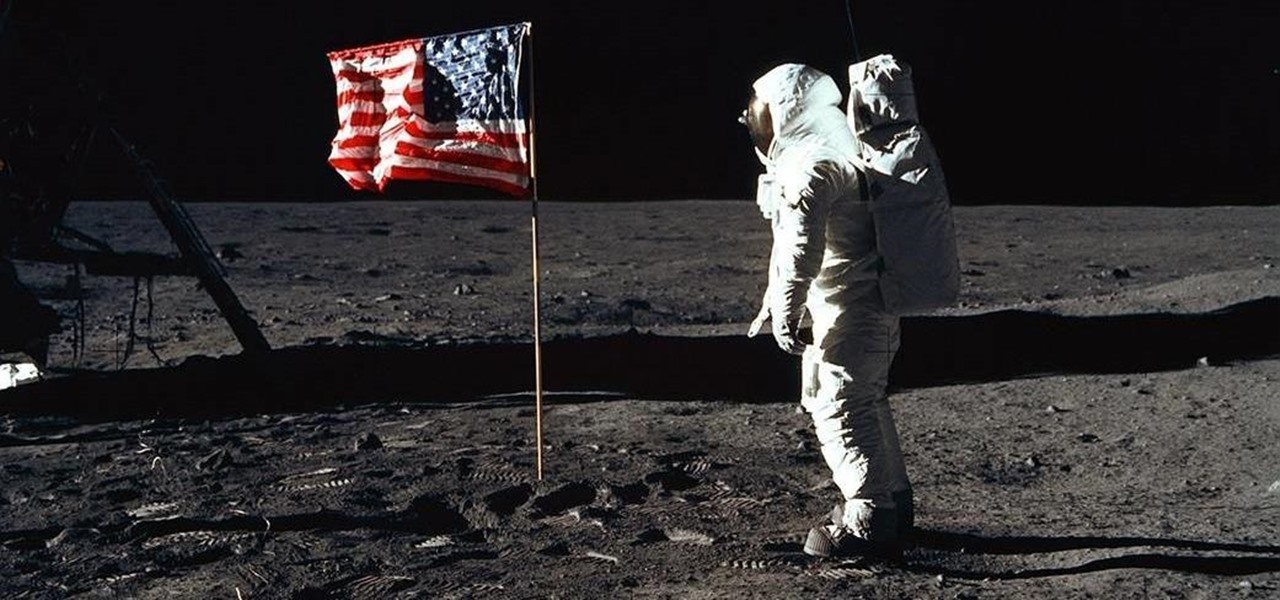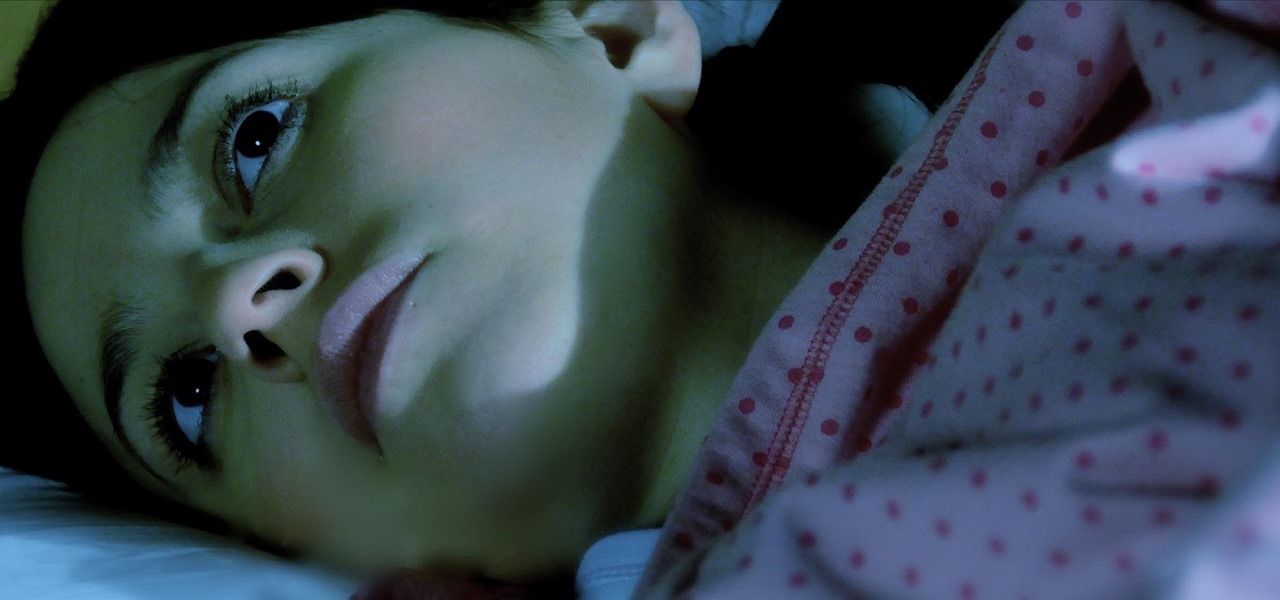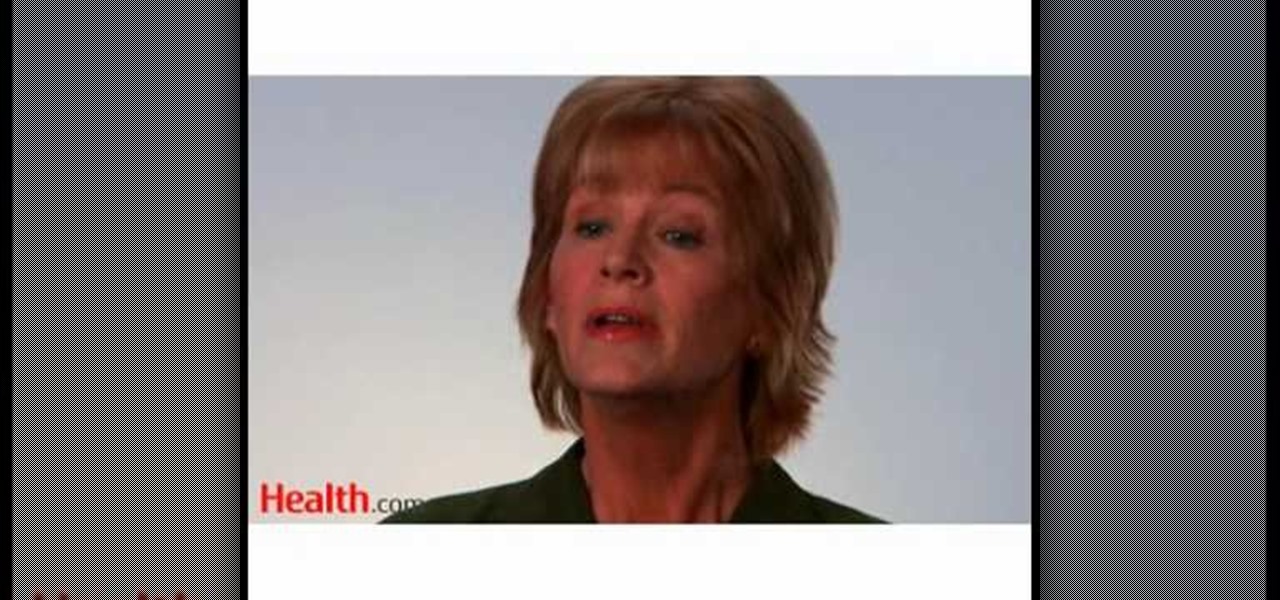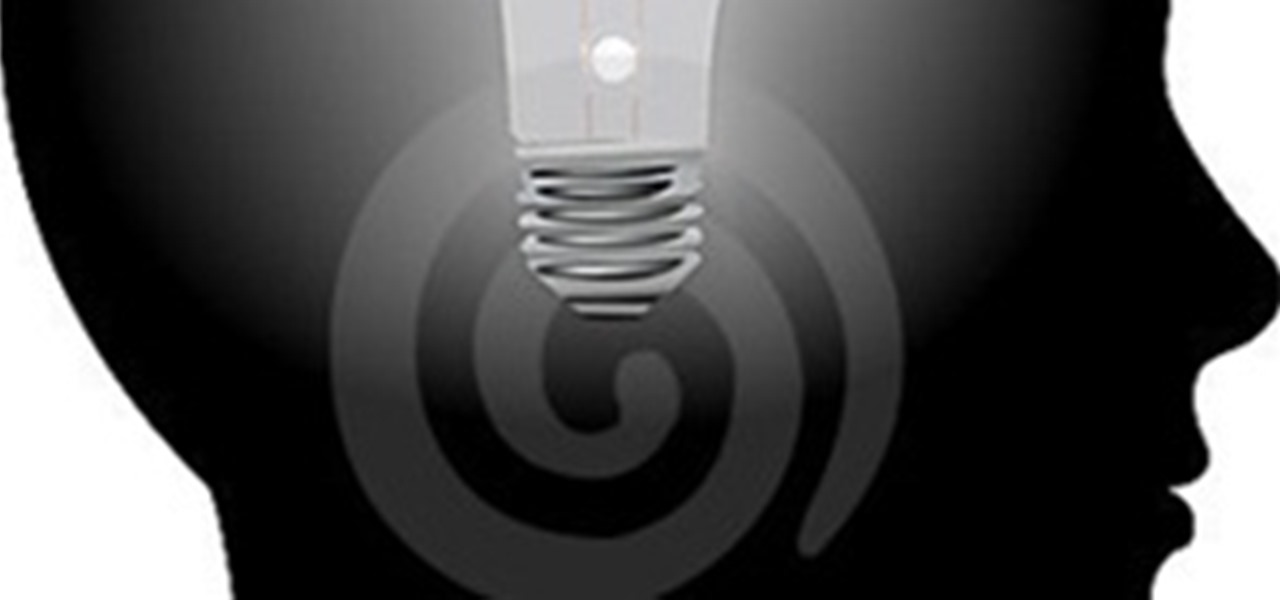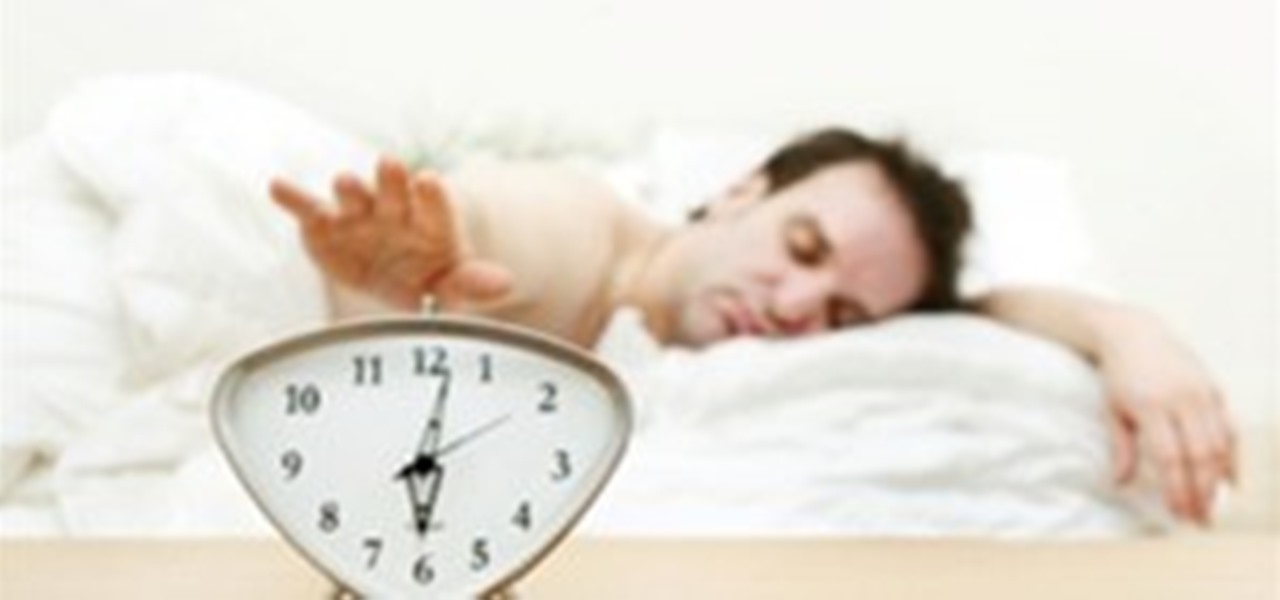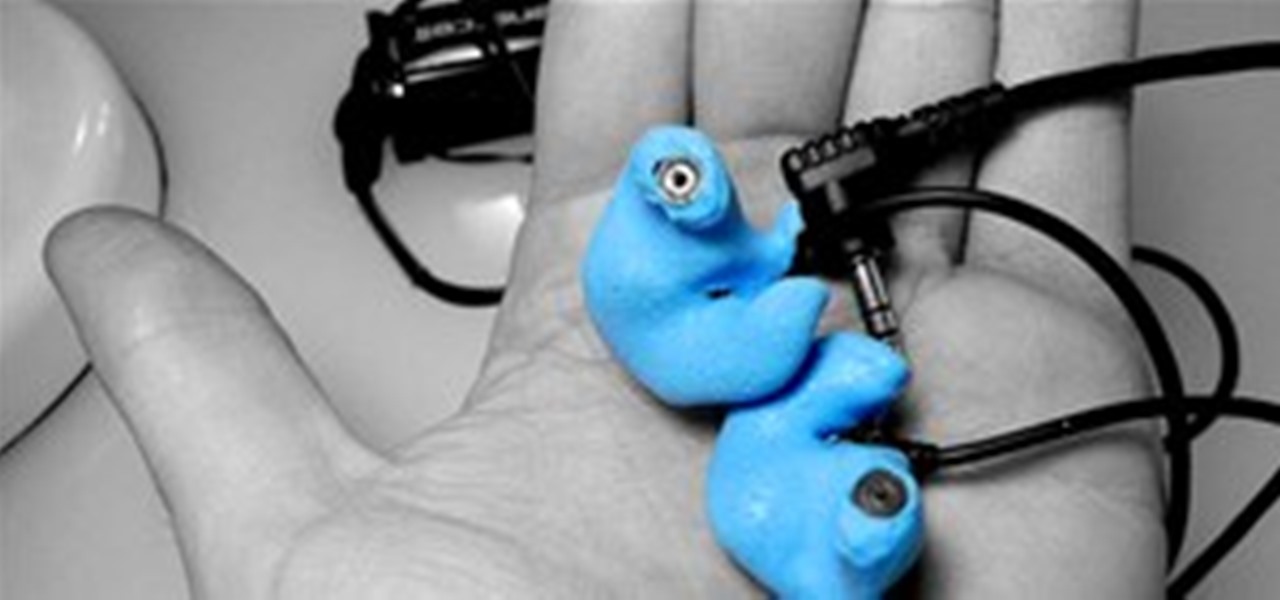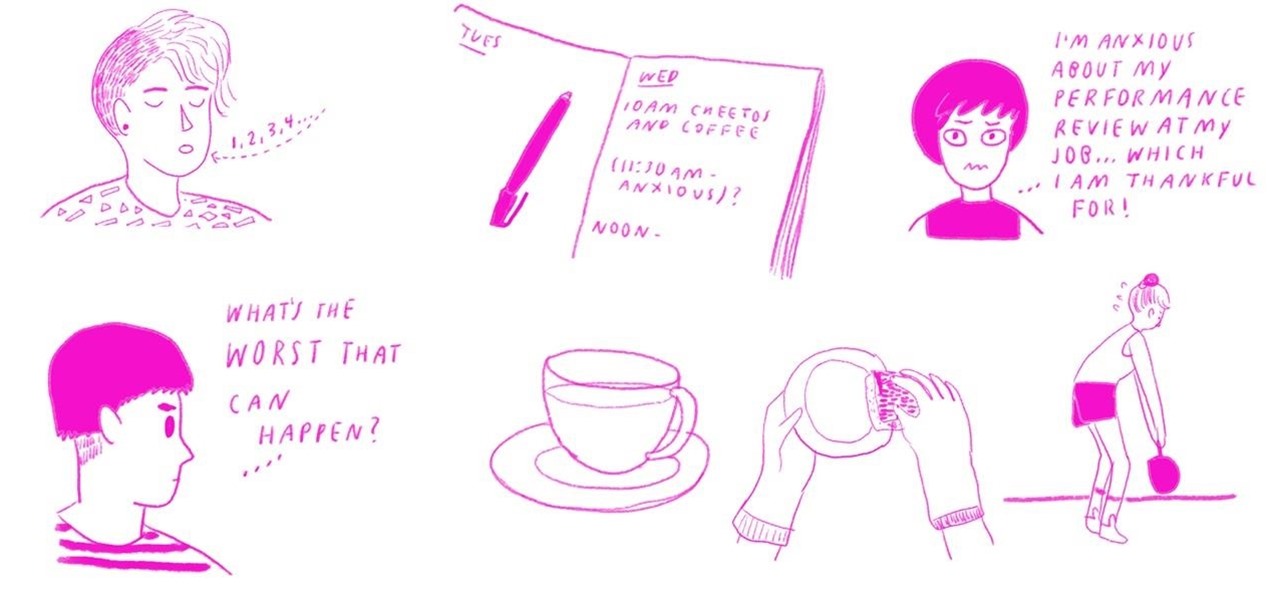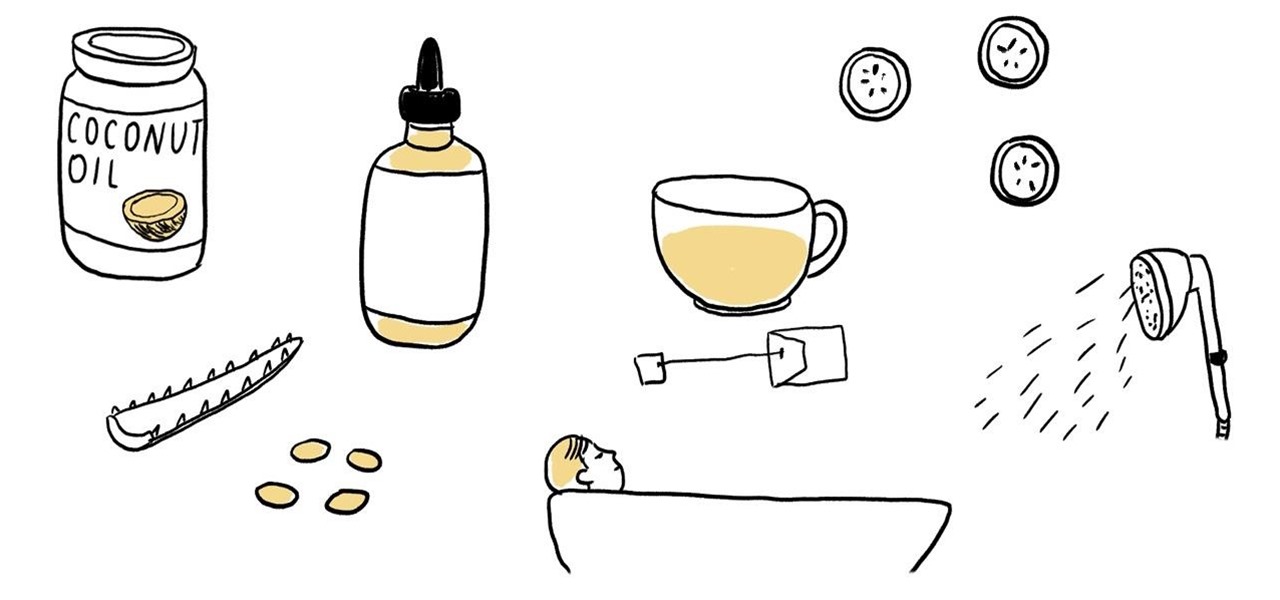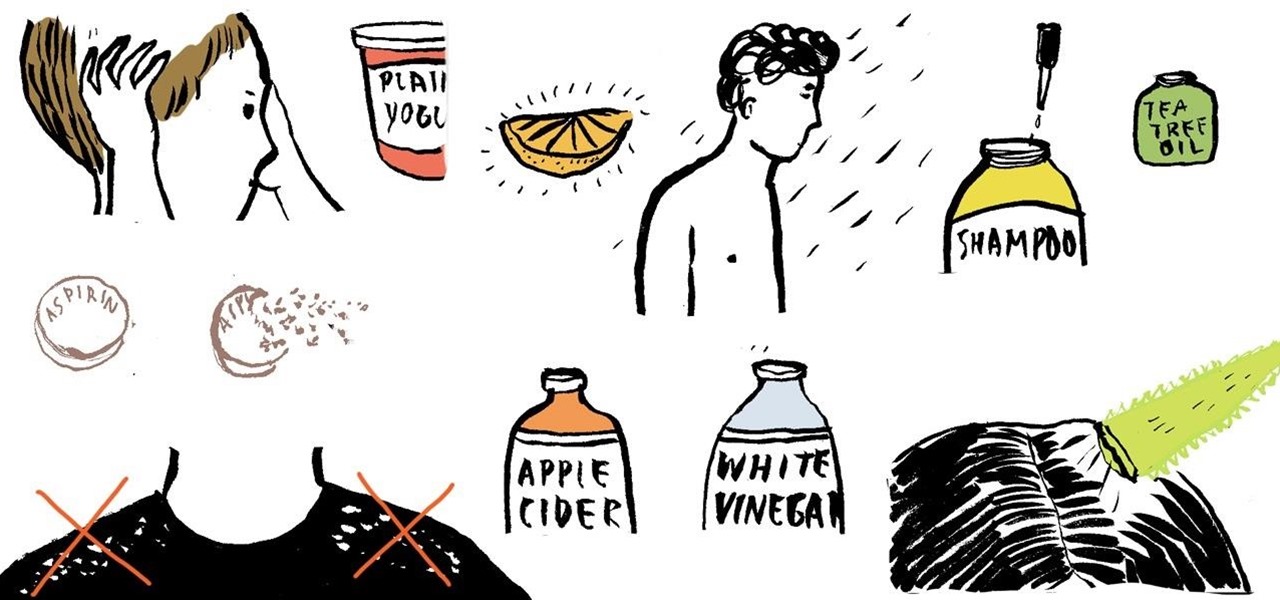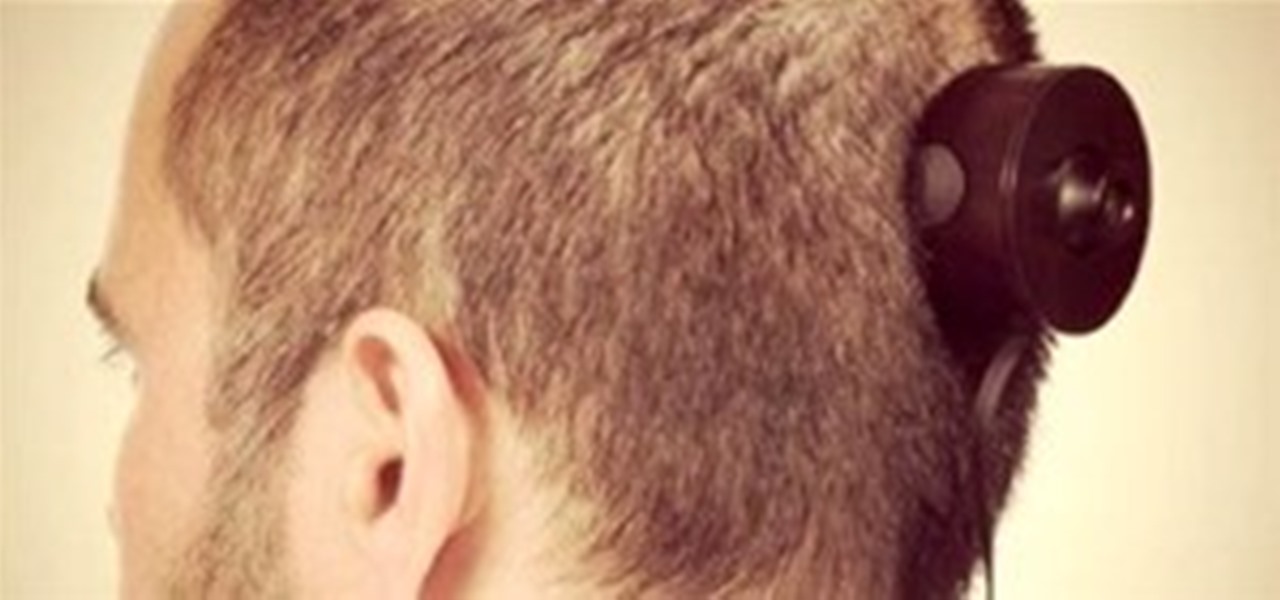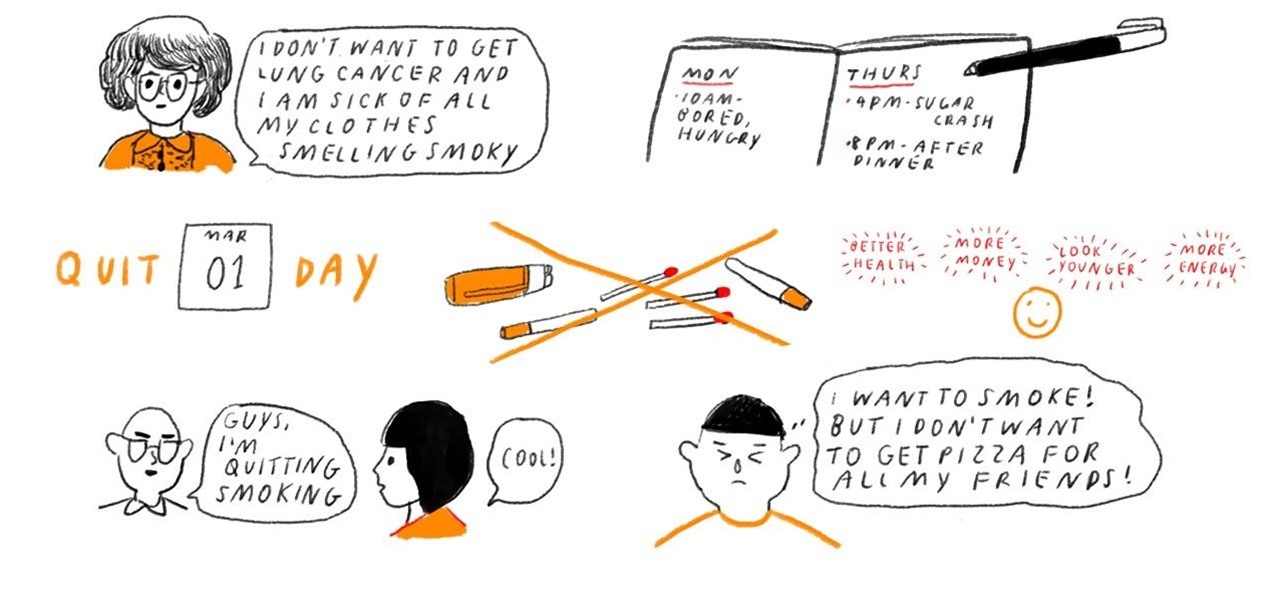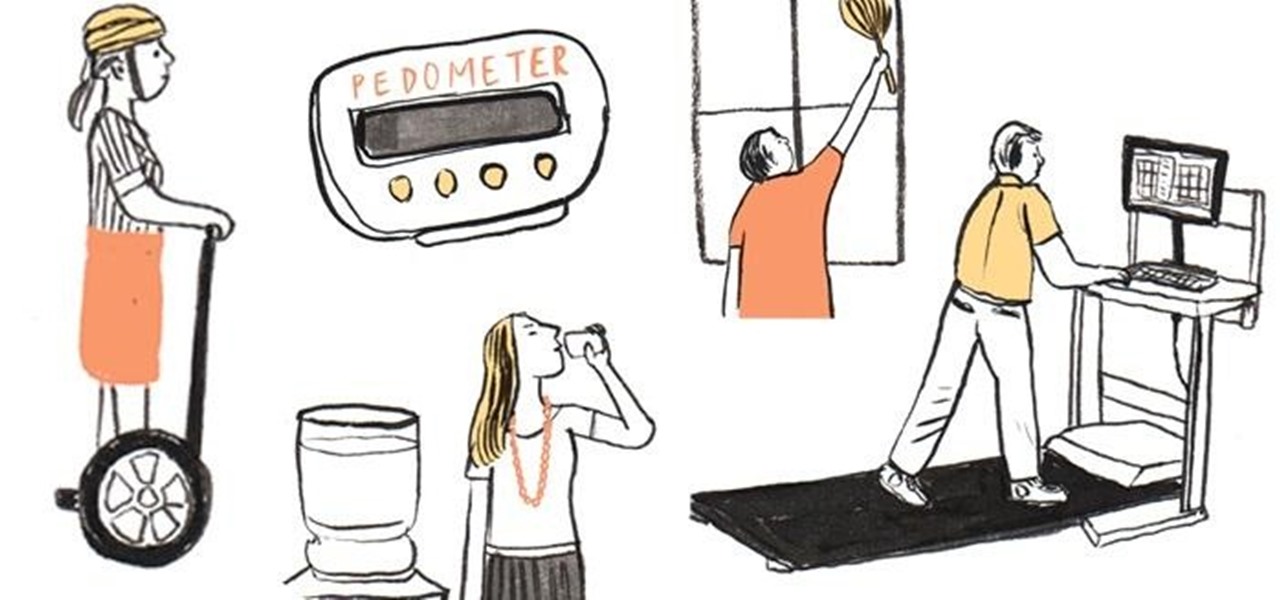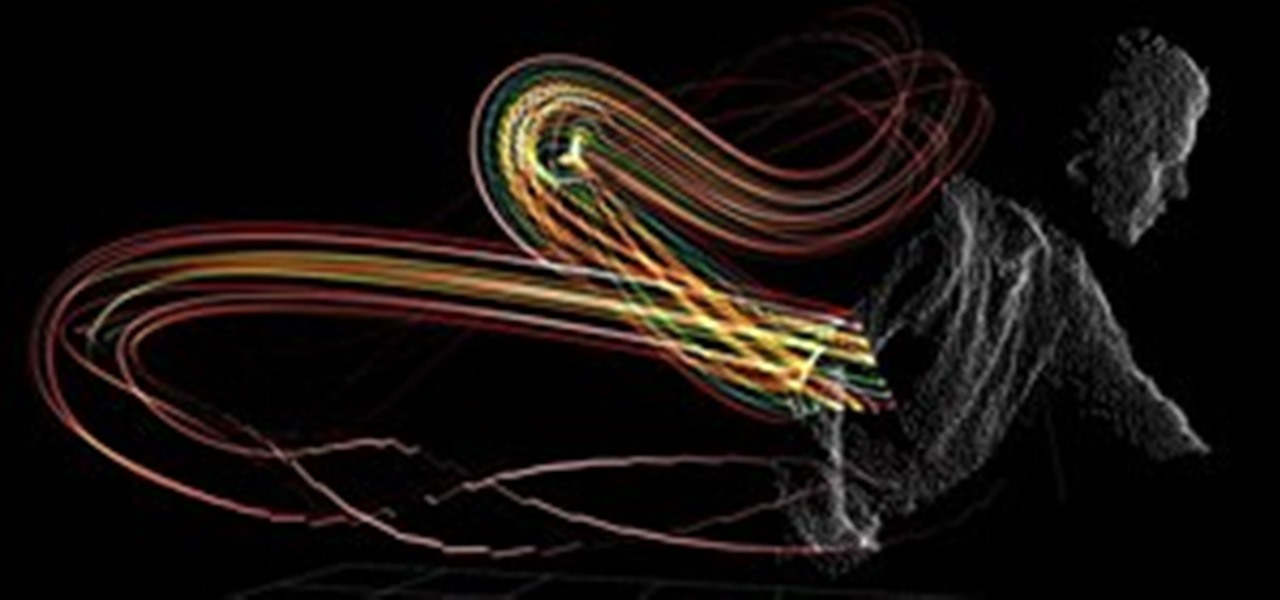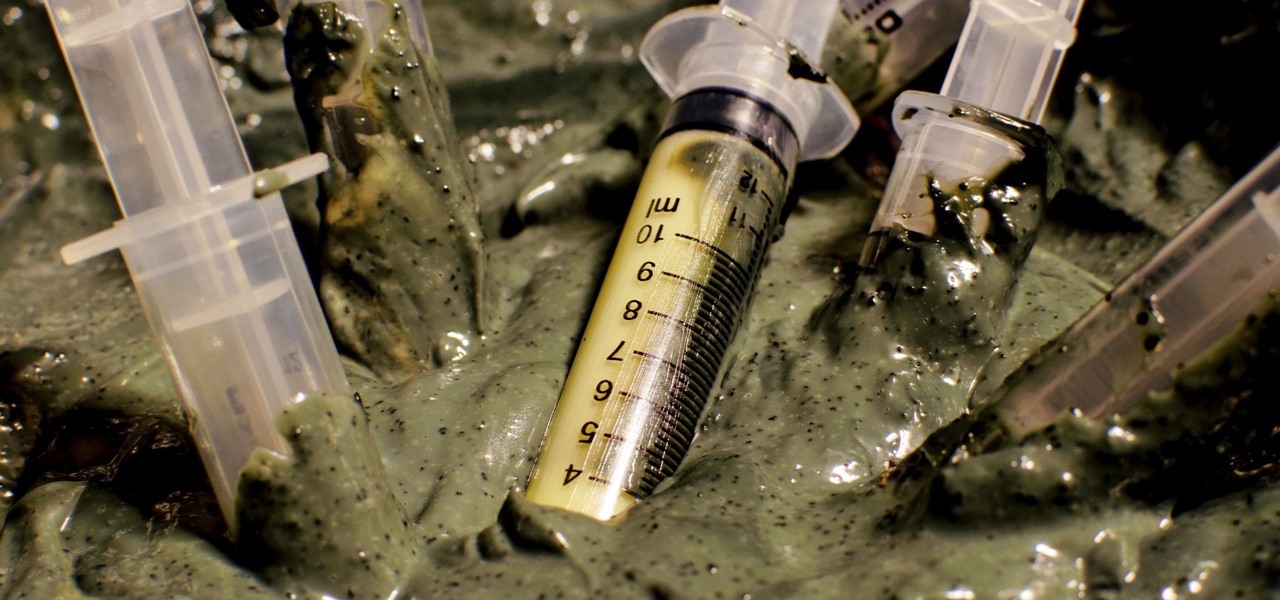
Bacteriotherapy sounds a lot more amenable of a term than "fecal transplant," yet they're both treatments that use bacteria itself to cure or treat infections. Fecal transplants, specifically, are an up-and-coming treatment option for a potentially deadly and difficult-to-treat diarrheal infection called Clostridium difficile.
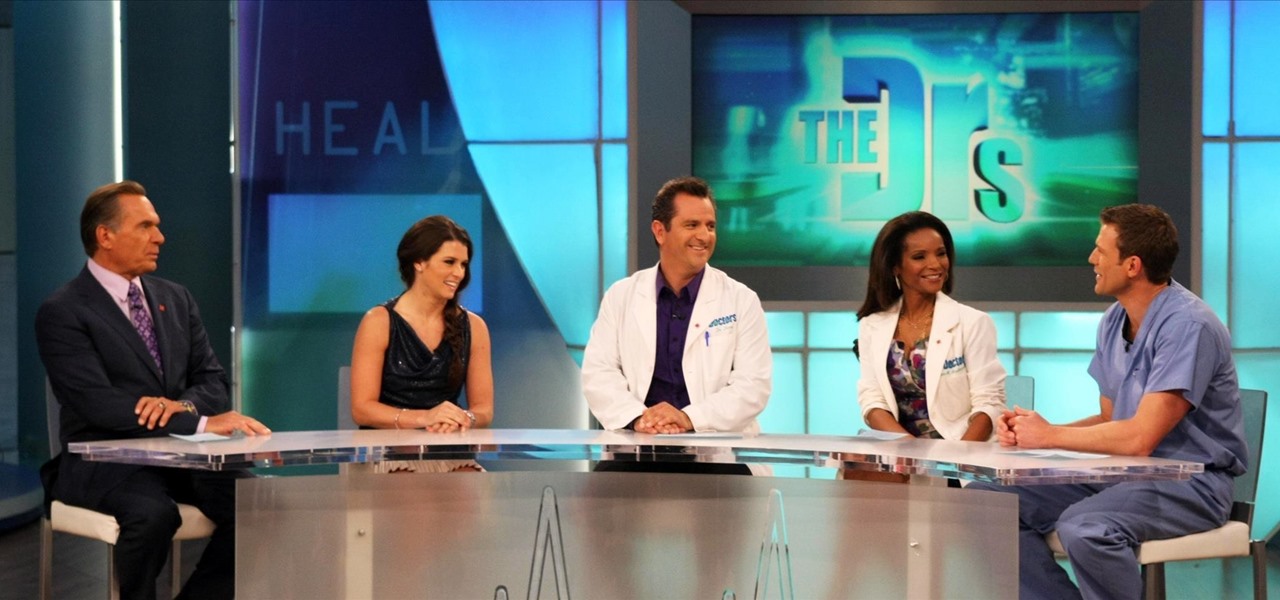
With the countless daytime talk shows starring and featuring doctors, nurses, and other medical specialists, discovering new ways to live a healthy life is just a remote click away. Although their shows might draw you in with incredible facts and mind-blowing secrets to weight loss success, it's important to take each televised recommendation with a bit of suspicion—most of these familiar faces aren't exactly telling the truth.
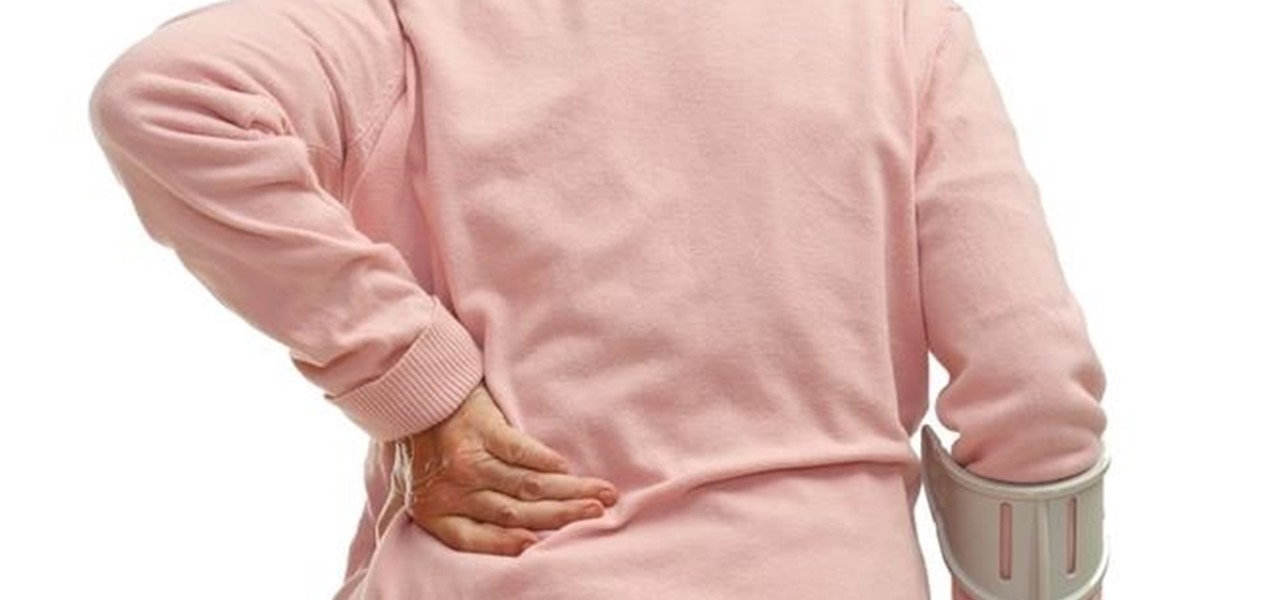
We've all been there; waking up in the morning with a stiff, achy back. Maybe you overdid the yard work this weekend. Perhaps you were a bit too enthusiastic on the Nautilus circuit. Could be the long hours spent hunched over your computer are catching up with you. Perhaps your back pain is indicative of something more serious. Unfortunately, unless you've really injured your spine, your doctor isn't going to be much help; the best he can do is offer you pain medications and tell you to rest ...
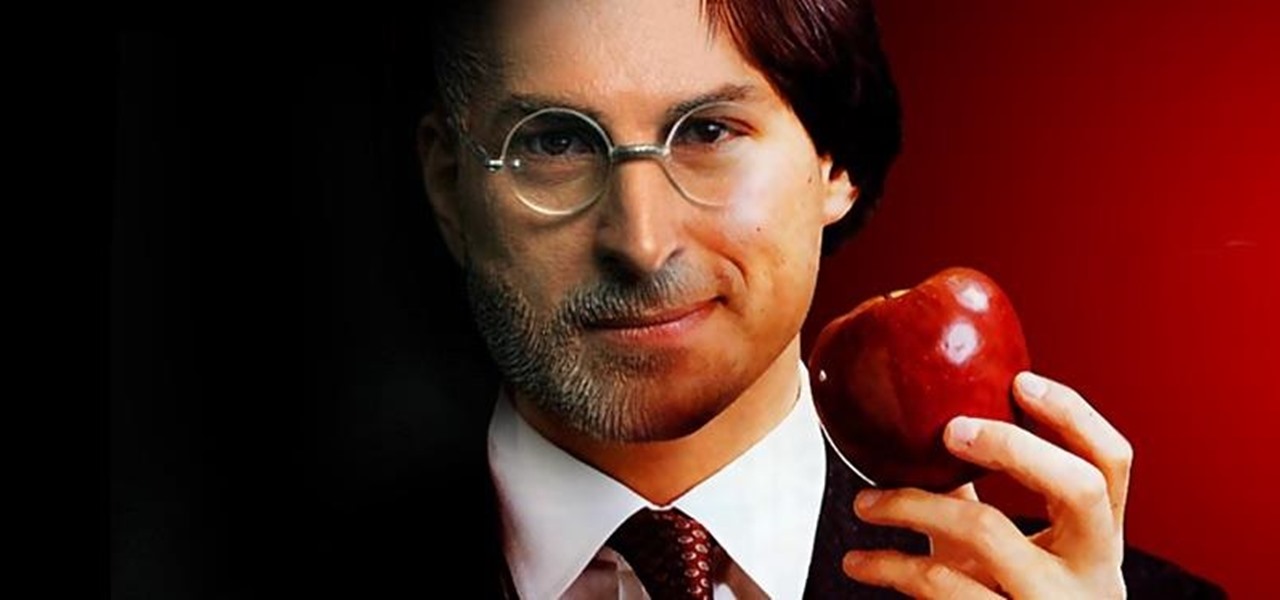
If you've already read the first part exploring what geniuses actually eat as opposed to what the rest of us are told to eat for brain health, you've noticed that there are some big discrepancies. Instead of favoring healthy, wholesome foods high in antioxidants, lots of high-achieving types tend to go for caffeine, sugar, and processed foods. One notable health habit practiced by many: eating breakfast.
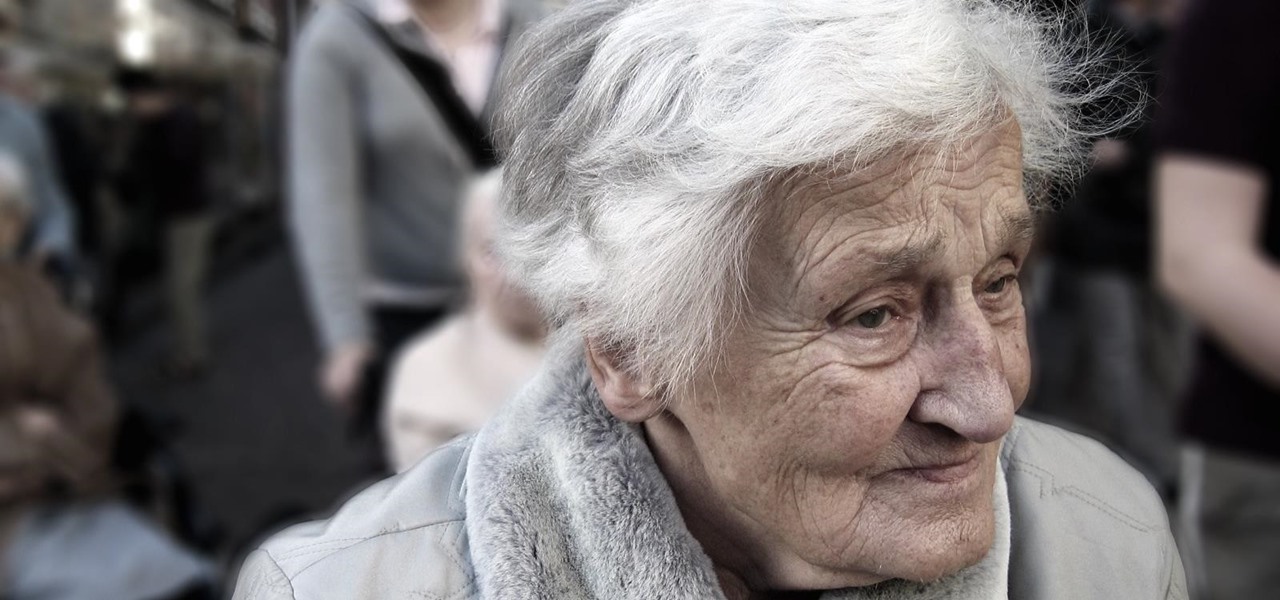
There are all kinds of theories—many supported by science—about what causes Alzheimer's disease. Tangles of protein called ß-amyloid (pronounced beta amyloid) plaques are prominently on the list of possible causes or, at least, contributors. An emerging theory of the disease suggests that those plaques aren't the problem, but are actually our brains' defenders. They show up to help fight an infection, and decades later, they become the problem.
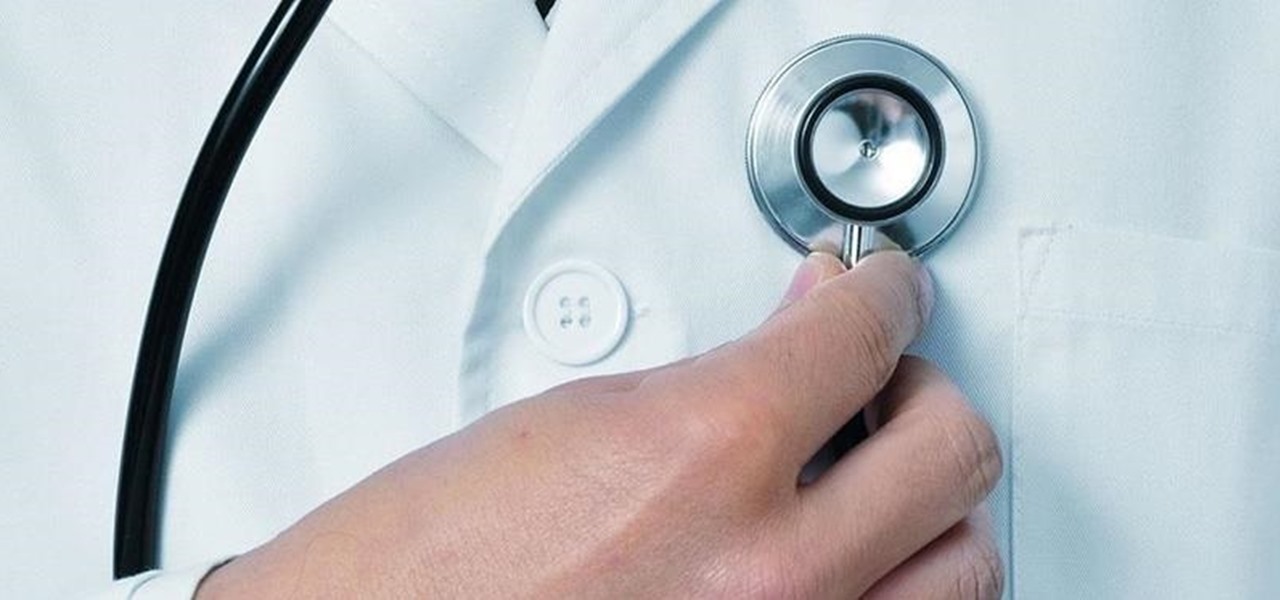
Staying healthy is a progressive challenge we all face throughout our lives, and figuring out just how to do that can be a challenge when it's not your job. For doctors, however, it is. Here's how they keep themselves healthy day to day.

On July 20, 1969, humans set foot on the moon for the first time. But some say our microbes beat us there. With the Space Age came new questions about microscopic invaders from outer space and concern about where we are leaving our microbial footprints. The questions are even more relevant today.

Being able to sleep deeply and fully is one of the foundations for real health. When you go without it, you feel subhuman and incapable of dealing with the world—just ask a student who's had to pull an all-nighter or the parents of a newborn. In fact, many studies have shown that lack of sleep or irregular sleep is linked to acne, weight gain, and depression.

Dr. Beverly Thorn explains how controlling your thoughts can help to control your chronic pain.

Now that the iPhone 4 made its way to Verizon, there's a whole new crowd of smartphone users that are looking for jailbreak methods. And GreenPois0n has come to the rescue (yet again).

There's three types of animal lovers in the world. The first are your basic pet owners. The ones with a

Good stress is also known as Eustress (Short-term stress). Is the stress that keeps you alive. The motivation you have to meet a goal. Eustress is also positive stress for example, studding to pass a math test.

Scientists have good and bad news for hard-driving people who boast they need only six hours of sleep a night. The good news is a few may be right: Researchers at the University of California-San Francisco have identified a family with a genetic mutation that causes members to require only six hours sleep a night. The bad news? The gene is vanishingly rare in humans, found in less than 3% of people.

Earbuds have always been a problem for me. Maybe I have abnormally shaped ears, but when I go running, my iPod Shuffle earbuds are a chronic distraction, always popping out. With the iPod Shuffle, you're bound by the Apple brand earbuds, as the controls are on the headphones rather than the device itself. Damn you, Apple.

The medical field has known for some time now that negative pressure (re: suction) can drastically speed up wound recovery time. However, the machines that are currently available are quite expensive, and not an option for third world countries. Enter MIT student Danielle Zurovcik. The doctoral student has created a hand-powered suction-healing system that could completely revolutionize first aid in developing nations. Her device goes for only 3 bucks a pop.

More and more studies prove that sitting for long hours at your desk job is detrimental to your health in the long run. To decrease the health risks of chronic sitting, you need to learn how to sit properly so that you aren't setting yourself up for long-term back pain and other serious health problems.

Feeling anxious? First things first, take a deep breath. Breathe in slowly for four counts, hold it for four counts, and exhale for four counts. Repeat several times until you feel more anchored in a calmer state of mind.

Eczema, which affects about 35 million adults living in the United States, is a chronic allergic condition in which the skin develops extremely itchy, scaly rashes and most commonly occurs on the face, scalp, inside of elbows, knees, ankles and hands.

If your shoulders are starting to look like a white Christmas in the summertime, then you might have a chronic dandruff problem. Thankfully, there are numerous DIY home remedies at your disposal, which use cheap and common household products that are probably already in your kitchen or medicine cabinet.

If you missed our previous posts on Iraqi artist Wafaa Bilal's attempt to go cyborg, here's the short and skinny: First, Bilal announced a plan to implant a camera in his head, a project entitled 3rdi, which would record his daily life while simultaneously feeding the images to monitors at the Arab Museum of Modern Art in Doha, Qatar. Then, he actually did it (and, yes, it was gnarly).

Was it your New Year's resolution to quit smoking this year? Whether you are a first-time quitter or a chronic relapser, this is the year to kick this unhealthy habit for good.

Are you sitting down as you read this? You might want to stand up for a little bit. In case you haven't heard, sitting for prolonged periods of time is really bad for your long-term health—so bad that chronic sitters are 54% more likely to die of a heart attack, even if they are non-smokers or regular exercisers.

Nobody could predict the success of Microsoft's Kinect, not even Microsoft themselves. So, it was quite a surprise when it ended up earning a Guinness World Record for fastest-selling consumer electronics device, and an even bigger surprise to see people buying one that didn't even own an Xbox 360.








